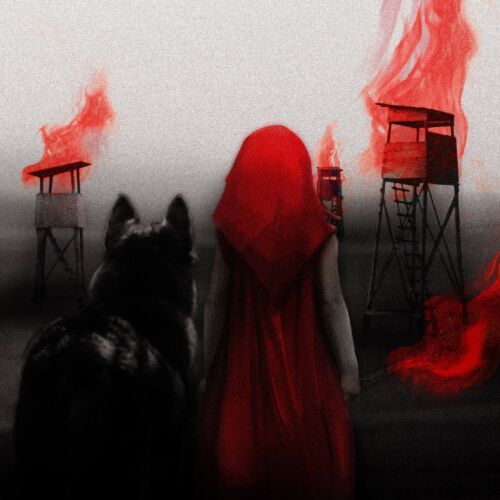Manioc, rice and millet – cereals for hard times
In view of the war in Ukraine, rising prices and wheat supply problems, students at the University of Kisangani in the Democratic Republic of Congo are producing cassava noodles from their own crop. Every day they prepare more than 100 packets of 250g each, which they sell for the equivalent of 49 cents. In Kisangani, a package of wheat spaghetti of similar size now costs almost $15. Pasta is the basis of local street food in this city, especially at breakfast time.
After four years of torrential rains, about ⅔ of South Sudan is under water. According to the UN, more than 7.7 million inhabitants will soon face severe food shortages. That’s why farmers in Paguir, an isolated village in Fangak state, are learning new skills. With the help of Action Against Hunger, they are learning techniques for planting and growing rice – a grain well suited to the current conditions – in areas flooded by flood waters.
The war in Ukraine, droughts and environmental changes are threatening food supplies, which is why the Food and Agriculture Organisation of the United Nations has declared 2023 – “the year of millet”. It is a cereal that has been grown for thousands of years in all corners of the globe, although less popular. Millet has many varieties that are often gluten-free and rich in protein, potassium and vitamin B. They can be used to make bread, breakfast cereal, couscous, pudding or beer. Millet tolerates poor soils, drought and harsh growing conditions better. In addition, it adapts easily to different environments without the need for many fertilisers or pesticides.


























